The question of what constitutes advocate secrecy is one of the central issues in advocacy. As for her, there is such a huge amount of debate that has long grown into real discussions, and those interested in it still centuries later can not figure out what it really is. The concept that appeared in the Roman Empire even now remains so controversial that scholars and lawyers simply cannot come to the same opinion. This article will talk about what the lawyer secret is, as well as its main features and what responsibility the lawyers bear for its disclosure.
Secret
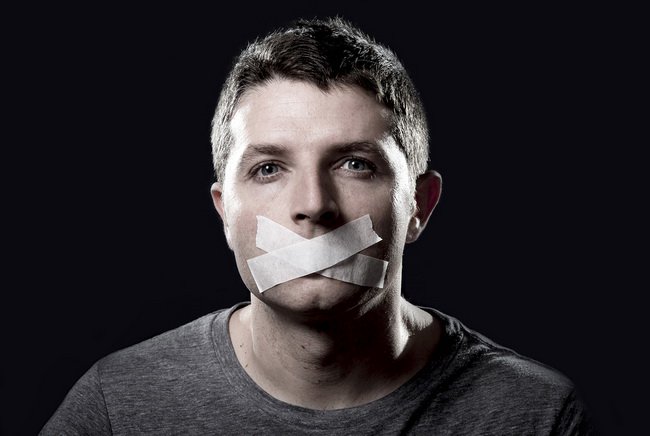
Before you go directly to the concept of advocate secrecy, you should understand what exactly in Russian means by the word "secret." According to the official interpretation, it has two meanings at once: everything hidden and unknown, as well as something kept secret from other persons. As you can understand, in legal practice the second meaning is widely used, which means that some information should be known only to a certain circle of people. Moreover, such information may relate to information from any sphere - personal, professional, official - it is only common for it that access to it should be very limited.
The need for lawyer's secrecy
According to the Constitution of the Russian Federation, absolutely any person has the right to receive qualified legal assistance. And it is quite natural that, turning to the defender, people want to get not only help, but also to keep certain secrets. That is why the guarantees of advocate secrecy are so unbreakable - they allow two persons - the defense counsel and the accused to act in an atmosphere of complete trust with each other, which could not be achieved in other situations. In addition, this institution also helps in the implementation of a normal justice process.
The concept

As you can see, the lawyer secret appears where the lawyer receives some information, which in some way can be directed to convict the accused. This information should be directly hidden from the court, as it can be interpreted in different directions. Since the very activity of lawyers is to bring the court to the conclusion that the person protected by them is innocent, disclosing to them information that aggravates the guilt of the accused can put the lawyer in a strange position. In fact, the lawyer's secrecy in some way comes down to the fact that the lawyer should not mention the circumstances of the case hidden from the court to anyone and act as if they were unknown to him.
Legal framework
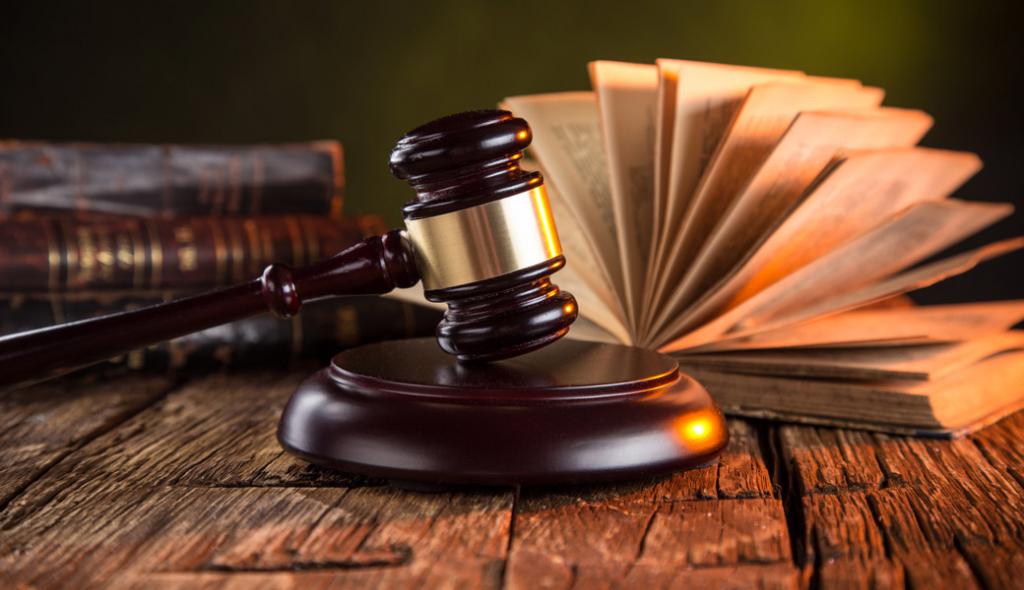
In order to better understand the institution of advocate secrecy, you should refer to the existing regulatory act, which secures it at the legal level. Currently, it is No. 63-ФЗ "On advocacy and advocacy in the Russian Federation" dated 05/31/2002. It refers directly to secrecy in article 8 of this law, where its full content is given.
Mystery Content
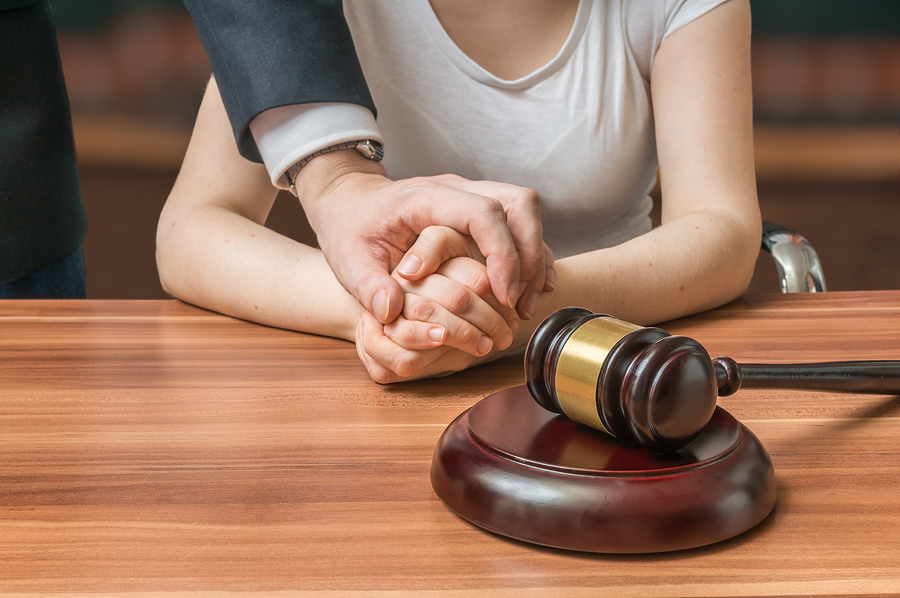
Based on the existing legal framework, the content of advocate secrecy refers to any information that was received by the attorney in the exercise of his direct duties during communication with the principal. All this leads to the fact that in no case can lawyers be called as a witness about the circumstances of the case - it is by referring to the secret that the defense lawyer can calmly remain silent in such a situation.In addition, with respect to lawyers, it is not allowed to carry out investigative-search or investigative measures so simply, unless there is a court decision to do so.
Attorney Attitude for Secret
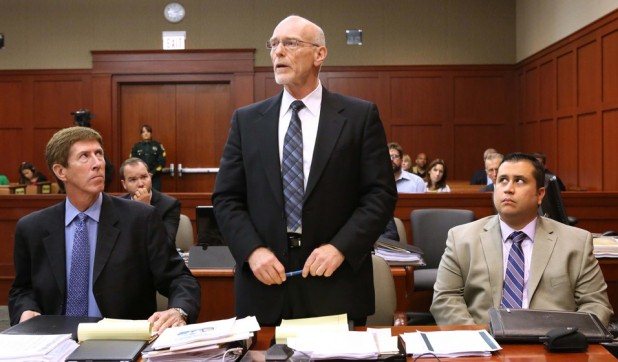
The institution of advocate secrecy should be treated quite restrictively, since it is itself an exception to the normal course of the process. That is why there is no clear definition of this term. In existing practice, it is customary to recognize that lawyers should never even strive to obtain such information - they receive information not as a result of their active work, but when communicating with the client.
In addition, the lawyer in no case can give the defendant any advice that can in any way hide the information received - he simply should not disclose secrets, since the principal must be completely sure that he can trust his lawyer.
Negative information
By the way, it is customary to attribute only negative information to the concept of the secrets of a lawyer in Russia, that is, those that directly speak of the guilt of the accused. In those cases when the lawyer found out that the defendant is slandering himself in an attempt to protect another person, he can calmly tell this information to the court and this will not be considered a disclosure of lawyer's secret. However, such information may even apply to the intimate or family spheres, but only in cases where this is required in the interests of protection. So, as you can understand, a secret can only include facts that accuse the accused of committing a crime, as well as those that can directly or indirectly affect the degree of responsibility - for example, the defendant hides that he had already been convicted.
Violation
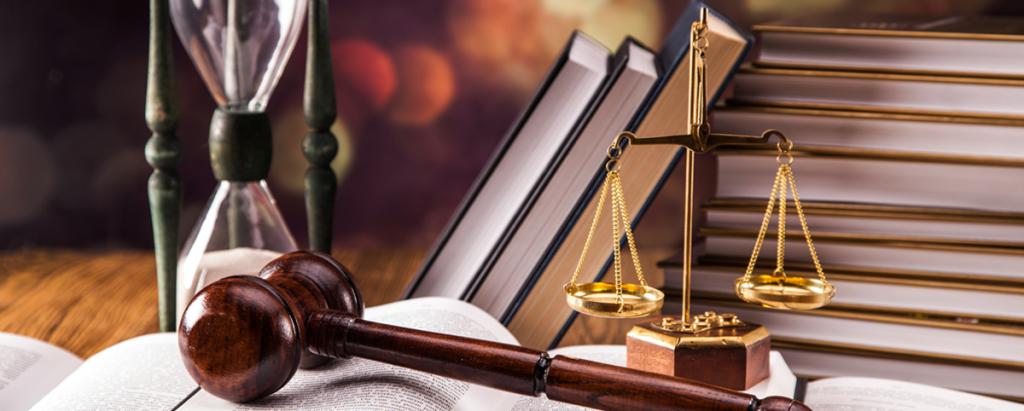
As you know, the requirement not to disclose any information received by persons in the course of their service or work is one of the mandatory. That is why a violation of lawyer secrecy is a crime that is punishable by criminal liability, regardless of whether any non-disclosure documents have been signed. The very peculiarity of the secret held by lawyers is that it is a professional and not an official principle - in this it somewhat resembles a medical secret.
In general, the law expressly states that a lawyer is not entitled to disclose information received by him from a principal, which makes the secret in some way absolute. And this is understandable, since the vow of silence of a lawyer allows Russian citizens to take full advantage of legal assistance without fear of publicity. But if you look at such a mystery from a moral point of view, you can clearly see the human dilemma. Imagine that the defendant admitted to the lawyer that he really committed a serious crime and is guilty. How can a defender in this case feel like a decent person, hiding such important data?
As can be understood, according to the legal situation, he should be completely silent about this, since any disclosure will lead to the punishment of the accused, and therefore the lawyer will not act as a defender, as the institution of advocacy implies, but as an assistant to law enforcement agencies. That is why there comes a significant dilemma, which must be clarified in this way - to fulfill a moral or professional duty. By the way, often a violation of lawyer secrets can lead to the fact that such actions will be considered a rude professional act, and therefore a lawyer can become an outcast in his working community.
Guarantees
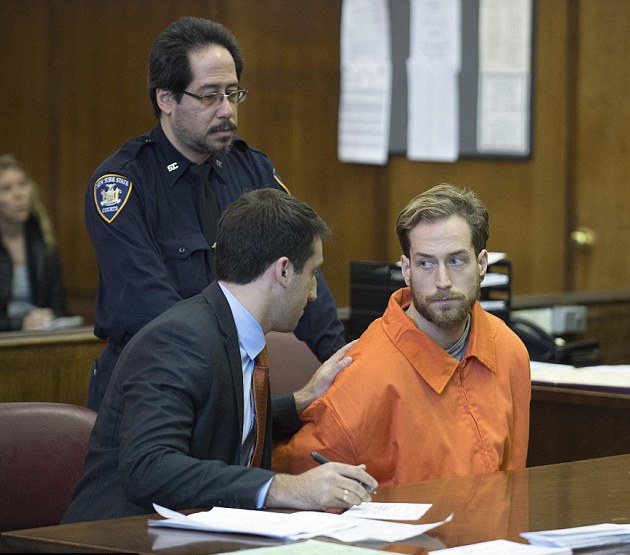
But, despite the sad situation for the lawyer, which was presented above, it is clear that the relationship between the principal and the lawyer without the presence of lawyer secrets was simply unthinkable.If a person is not sure that all the secrets told to the lawyer will not remain undisclosed, then the institution of the legal profession would simply disappear. That is why there are certain guarantees that condone the establishment of a trusting relationship. Here are some of them:
- The presence of an article in the Criminal Code of the Russian Federation stating that it is impossible for lawyers to disclose information punishable by article 310
- Prohibition of the interrogation of a lawyer as a witness.
- Permission for meetings of a lawyer and the accused an unlimited number of times in private.
- Total lack of punishment for non-reporting.
In addition, there are a number of other guarantees that allow the full use of lawyers to build a defense and carry out normal activities.
